14th Jun 2022
Why Is Optimal Cortisol Needed for Thyroid Balance? (Answer by David Borenstein, MD)
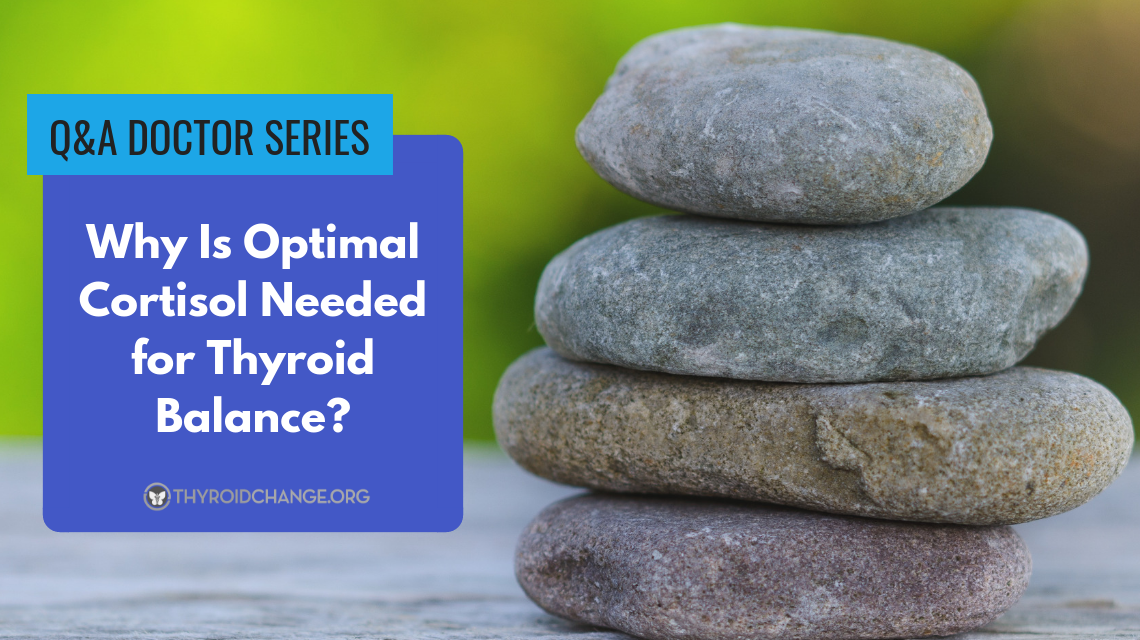
Patient Question: “Why are optimal cortisol levels important when taking thyroid medication? How do I test for adrenal fatigue and what are optimal cortisol levels?”
Response by: David Borenstein, MD
Manhattan Integrative MedicineDr. Borenstein is one of New York’s leading integrative medicine physicians specializing in thyroid disease, adrenal dysfunction, and other metabolic disorders. Read his bio below.
Why are cortisol levels important when taking thyroid medication?
“Hi Susan. The adrenals, sex hormones (estrogen, progesterone, testosterone, etc.) are all part of the endocrine system, and it’s crucial that all of these hormones are in balance for the endocrine system to function properly.
The adrenal glands release hormones your body needs to cope with stress. These hormones control energy production, heart rate, muscle response, and other metabolic functions that allow the body to respond to any stressful situation, whether it is emotional — as in the case of loss of a loved one or work pressure; or physical — such as lack of sleep, chronic infections, injury or surgery.
Cortisol is one of the two key hormones produced by the adrenal glands. Adrenaline is one of these hormones and is produced periodically in short bursts as needed; it’s the fight or flight hormone. Cortisol is the other key hormone and is produced daily. Cortisol levels should be highest in the morning, then gradually decline until bedtime. Cortisol is then produced again during sleep, and rises back up to its highest levels upon waking.
When we are consistently under stress — physical or emotional (e.g. life stress) and don’t have effective outlets for or resolution of the stress, we can develop adrenal insufficiency or imbalances.
Balanced and fully functioning adrenals are essential to effective thyroid treatment, as adrenal imbalances can make thyroid treatment less effective, or make patients ultra-sensitive to even small doses of thyroid medications, or small dosage increases.
That’s why I find it extremely important to address adrenal function as a foundation before attempting to balance other hormones. I’m a big believer in addressing adrenals concurrently or before thyroid replacement.
How do I test for adrenal fatigue?
When I suspect adrenal fatigue, I ask my patients about difficulty getting out of bed, higher energy at night, dark circles under the eyes, low blood pressure, exercise intolerance, low resistance to infection, oversensitivity to supplements and medications, and salt cravings, which can all be signs of an adrenal imbalance.
Some of the other common symptoms of adrenal fatigue are:
* A continuous feeling of tiredness.
* Waking up feeling run down even after a full night’s sleep.
* A lowered ability to cope with stressful situations.
* Taking a very long time to recover from an injury, illness, or a stressful situation.
* A feeling of being more alert and energetic in the evening and at night.
* A craving for sweet and salty foods and the need for high levels of caffeine to continue to function throughout the day.
To evaluate the adrenals, I typically run a four-point saliva cortisol test and a DHEA-S test. I also use blood tests to evaluate morning cortisol, aldosterone and ACTH. Elevated Reverse T3 levels can also point to adrenal insufficiency.
To treat adrenal imbalances, I often use nutritional supplements along with dietary recommendations, stress reduction, exercise modification and a focus on improving sleep.
Supplements I have recommended for adrenal support include Adren-All and Adrevive, licorice drops, Calmatrol, vitamin C, pregnenolone, DHEA, and ashwagandha, among others. If patients have high cortisol at night, I often recommend phosphatidylserine, l-theanine, and calming herbs.
Nutritionally, I counsel patients as follows:
* Try to avoid coffee, caffeinated drinks, and other stimulants
* Consider a gluten-free diet
* Consider a low-glycemic/low-sugar/carbohydrate-controlled diet to balance blood sugar
* Minimize processed foods, refined sugars, high fructose corn syrup
* Eat slowly, chew food thoroughly
Lifestyle changes are also an important part of adrenal rehabilitation. Typically, I recommend:
* Sleep! Allow the body to repair and regenerate by getting sufficient sleep and rest. (Note: most people need at least 7 hours per night.)
* Schedule time for self-care, sleep, gentle exercise
* Practice relaxation, for instance mind-body practices like calming yoga and T’ai Chi, deep-breathing techniques, meditation, guided relaxation
* Eliminate unnecessary obligations, and minimize multitasking
When medication is needed, I prescribe the minimum amount of low-dose hydrocortisone (Cortef), with the goal of short-term, judicious use so as to allow other factors to help restore adrenal balance.”
What are optimal cortisol levels?“For a morning cortisol blood test, the normal values are approximately 6 to 23 micrograms per deciliter (mcg/dL). I like to see a level of at least 18 in the morning.
For a four-point saliva cortisol test:
Morning reference range is 0 – 14.4 ng/ml — optimal is from 4 to 10
Mid-day reference range is 0 – 4.6 ng/ml — optimal is from 1.2 – 3.0
Evening reference range is 0 – 3.2 ng/ml — optimal is from
Bedtime reference range is from 0 – 2.1 ng/ml — optimal is from 0.35 – 1.0
For the 24-hour saliva cortisol test, there are also other issues that reflect optimal levels:
* The results should follow the normal cortisol curve, meaning that levels are highest in the morning, dropping down to lowest in the evening. If levels are skewed — low in the morning, high in the evening, or spiking up and down outside the reference curve — that is not optimal.
* Levels should not be consistently higher than the reference range. This pattern is common in patients in earlier stages of adrenal fatigue, as the adrenals push to pump out cortisol to meet the chronic stress. This is not optimal.
* Levels should not be consistently lower than the reference range. This pattern is common in patients in later stages of adrenal fatigue, as the adrenalsbecome incapable of pumping out enough cortisol. This is not optimal.
DHEA is also an important measurement for adrenal fatigue. The DHEA reference ranges are age dependent, but the general reference range is 2 -23. Typically, optimal DHEA is around 19 for women, and 23 for men.”
About the Contributor
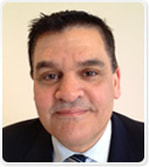
David Borentein, MD (www.davidborensteinmd.com): is one of New York’s leading integrative medicine physicians and practices at Manhattan Integrative Medicine in New York, NY, specializing in thyroid disease, adrenal fatigue, and other metabolic disorders. Dr. Borenstein is certified with the American Academy of Anti-Aging Medicine and with the American Academy of Environmental Medicine. Dr. Borenstein has also held many prestigious clinical appointments and positions in leading medical facilities and is published in the European Journal of Ultrasound.
SIMILAR ARTICLES
More like this...
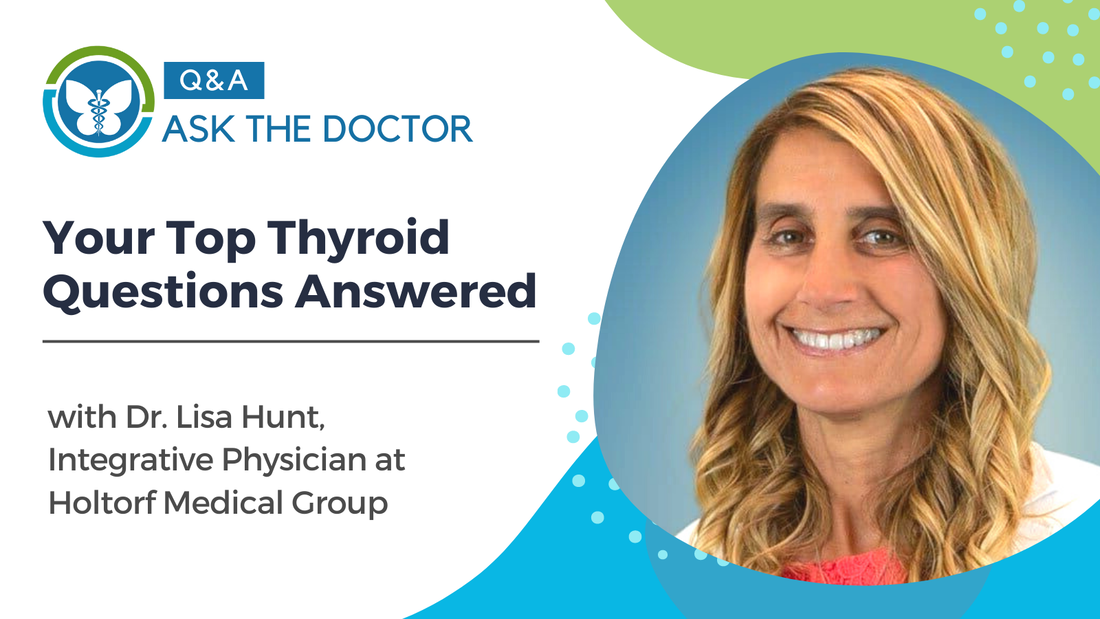
15th Jun 2022
Your Top Thyroid Questions Answered: Q&A with Dr. Lisa Hunt of Holtorf Medical Group
I had the pleasure of speaking with Lisa Hunt, D.O., an integrative physician at Holtorf Medical Group (www.holtorfmed.com) in El Segundo, CA a short while ago. I polled my audience and your top thyroid-related questions are answered here by Dr. Hunt. Dr. Hunt is a board-certified integrative physician and has extensive experience in thyroid health, hormone replacement, immune dysfunction and chronic conditions.
Read Article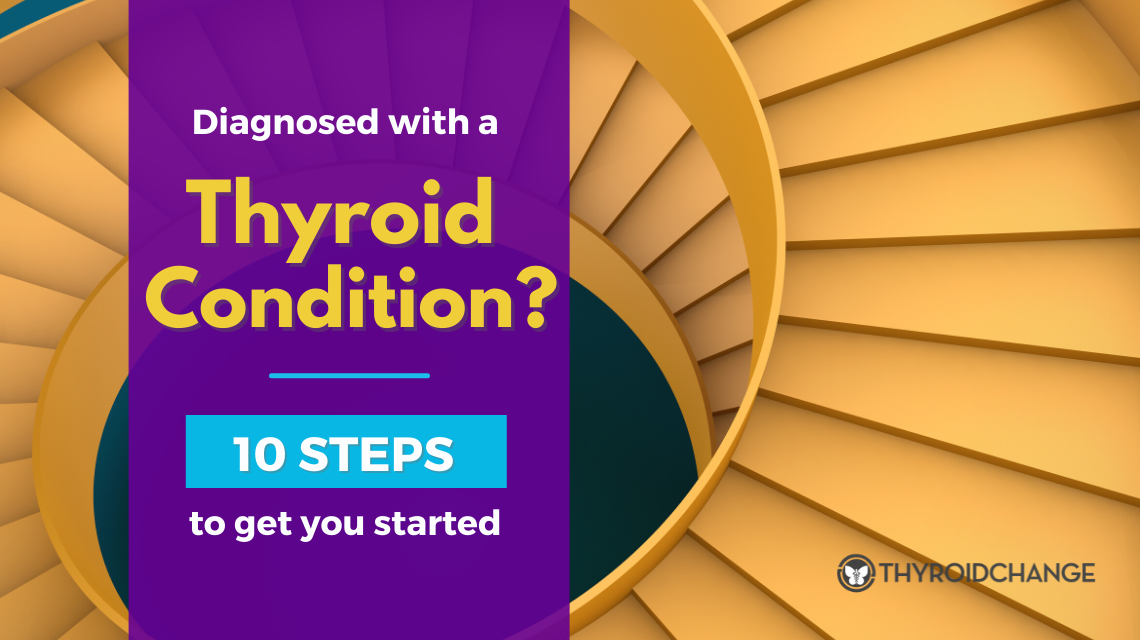
15th Jun 2022
Diagnosed With a Thyroid Condition? 10 Steps to Get You Started
Pursuing proper treatment and an overall healthy lifestyle that includes eating well and exercising can help you manage a thyroid condition. But what else can you do to live well with and thrive with your condition? The information can be overwhelming and Annabel Bateman, thyroid health advocate and author, has created this guide to walk you through essential lifestyle tips once you have been diagnosed.
Read Article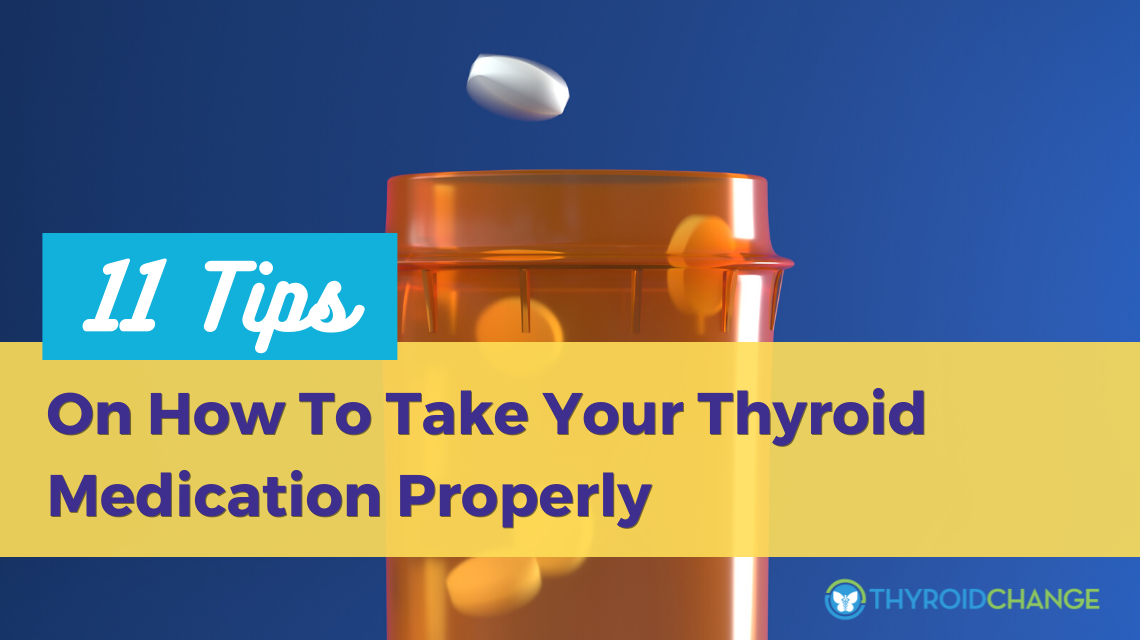
15th Jun 2022
11 Tips On How To Take Your Thyroid Medication Properly
Are you taking your thyroid hormone replacement medication correctly? Did you know that how and when you take your thyroid medication can affect your ability to absorb the necessary hormone properly? In the article below, I investigate the factors that contribute to correctly (or incorrectly) taking thyroid replacement hormone and on how thyroid patients can get the most out of their medication.
Read Article